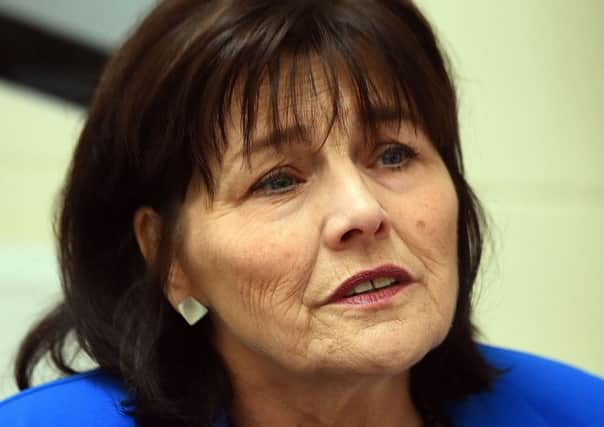Calls to end ‘unjust’ charges for people with Parkinson’s


Parkinson’s UK Scotland warned that a “postcode lottery” meant that families across the country faced a “fundamentally unjust” charging system.
It said that while personal care was free, support falling outside the legal definition of “personal” care was chargeable, with “hefty” levies imposed in some areas.
Advertisement
Hide AdAdvertisement
Hide AdFiona Purchase from Carluke in South Lanarkshire is among those who have flagged up the anomaly with Parkinson’s UK Scotland.
Her husband, Martin, has been living with Parkinson’s for 24 years. The family asked the council in 2015 for assistance, and Mr Purchase was assessed as being entitled to self-directed support while his wife was at work.
The following year, Mrs Purchase’s father died and left her a small inheritance. The council changed its charging policies, and in 2017, her husband was told he would have to pay £128 a week towards his care.
Despite the inheritance being small, and in Mrs Purchase’s personal bank account, it was counted as income. After what they described as an “arduous” appeal process, the amount was reduced to £23.
But last year, the bill tripled to £82, before being reduced to £65. Mrs Purchase said: “I’m afraid to retire. My pension lump sum will be gobbled up by charges.
“Yet if I lived three miles up the road in the authority where I work, there would be no charges whatsoever.”
Annie Macleod, director of Parkinson’s UK Scotland, said: “The system being used today essentially creates varying rates of local taxes on disability. Some councils choose not to charge, but most do. It is fundamentally unjust.”
A spokeswoman for South Lanarkshire Health and Social Care Partnership, said: “While we would not disclose information in relation to Mr Purchase’s needs, we are confident they have been fully assessed and appropriate support has been given. This has been looked at by the ombudsman and agreed in favour of the council.”
Advertisement
Hide AdAdvertisement
Hide AdA spokesperson for health secretary Jeane Freeman said: “We want to ensure everyone living in Scotland with neurological conditions, including Parkinson’s disease, is able to access care and support that is high quality and matched to their needs.”